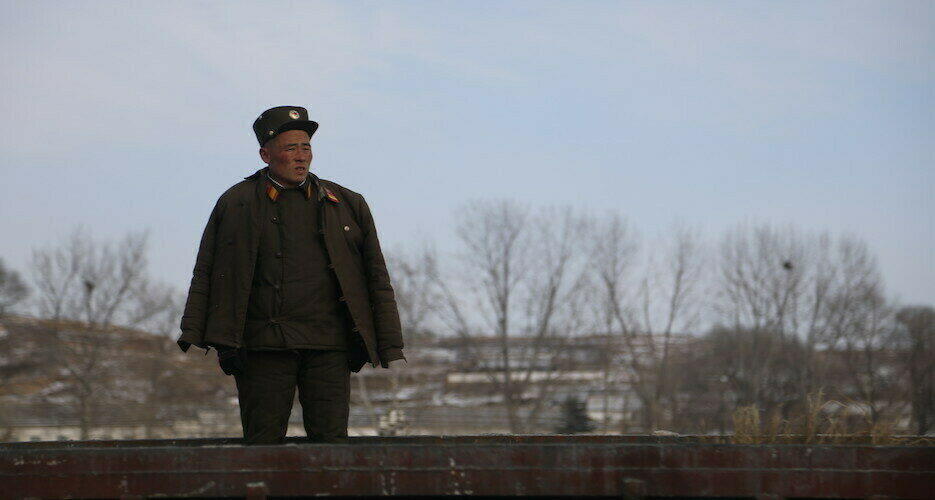About the Author
Oliver Hotham
Oliver Hotham was an NK News contributor based in Seoul, South Korea. Follow him on Twitter.

Get behind the headlines
|
Border Controls As Coronavirus fears mount, playing tough may be North Korea’s least bad optionDespite the likely impact on the economy, the DPRK has little choice but to close its borders and hope for the best  In late January, as global fears around a “mystery virus” with origins in a central Chinese city began to mount, North Korea cut off one of the few non-sanctioned sources of cash still available to it and announced a full ban on foreign tourists entering the country. That was just the beginning. In the days and weeks that have followed, Pyongyang has cut off all inbound and outbound flights and trains, imposed a quarantine on all visitors coming from abroad, and placed foreign diplomats under virtual house arrest, in a desperate bid to prevent an outbreak of the novel coronavirus in its territory. © Korea Risk Group. All rights reserved. |